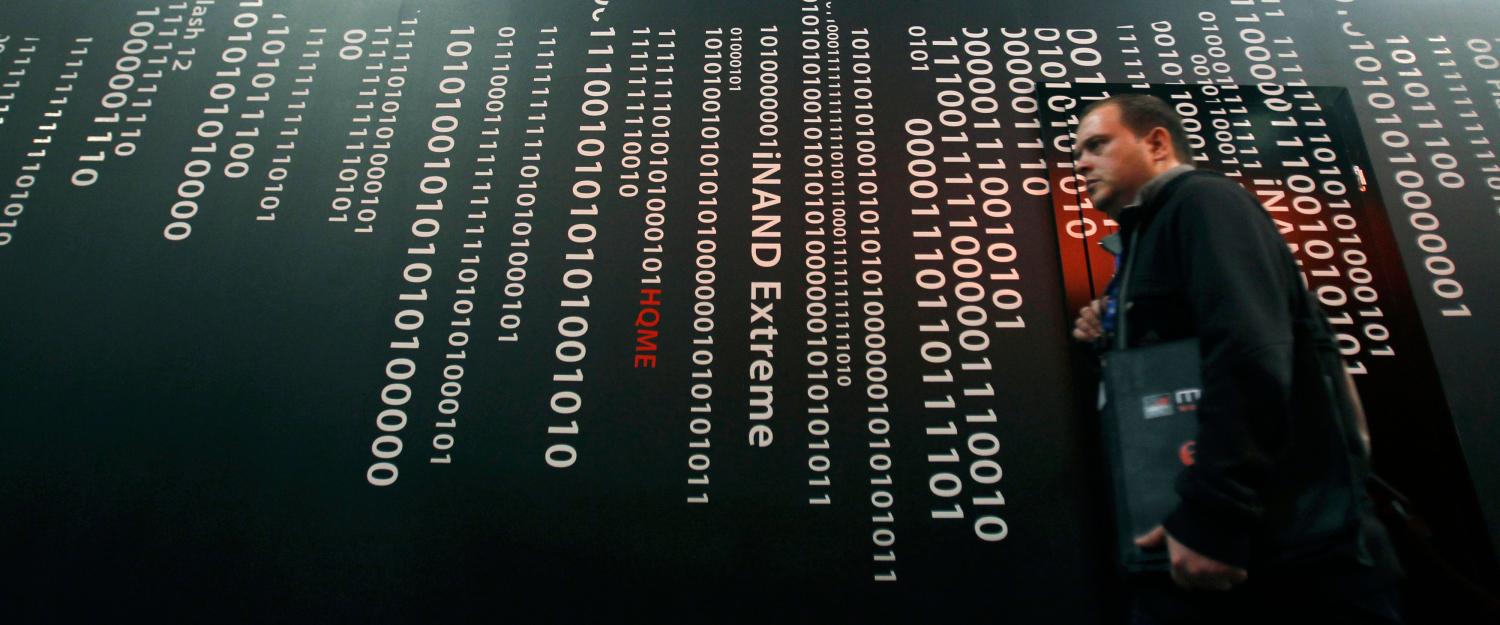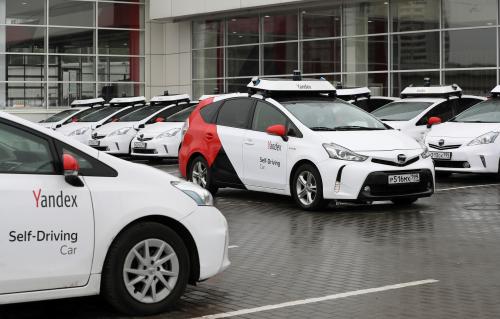This paper was originally published as part of an edited volume jointly produced by Brookings and the Italian Institute for International Political Studies (ISPI), titled “The Global Race for Technological Superiority: Discover the Security Implication.”
Much has been written, and rightly so, about the potential that artificial intelligence (AI) can be used to create and promote misinformation. But there is a less well-recognized but equally important application for AI in helping to detect misinformation and limit its spread. This dual role will be particularly important in geopolitics, which is closely tied to how governments shape and react to public opinion both within and beyond their borders. And it is important for another reason as well: While nation-state interest in information is certainly not new, the incorporation of AI into the information ecosystem is set to accelerate as machine learning and related technologies experience continued advances.
The present article explores the intersection of AI and information integrity in the specific context of geopolitics. Before addressing that topic further, it is important to underscore that the geopolitical implications of AI go far beyond information. AI will reshape defense, manufacturing, trade, and many other geopolitically relevant sectors. But information is unique because information flows determine what people know about their own country and the events within it, as well as what they know about events occurring on a global scale. And information flows are also critical inputs to government decisions regarding defense, national security, and the promotion of economic growth. Thus, a full accounting of how AI will influence geopolitics of necessity requires engaging with its application in the information ecosystem.
This article begins with an exploration of some of the key factors that will shape the use of AI in future digital information technologies. It then considers how AI can be applied to both the creation and detection of misinformation. The final section addresses how AI will impact efforts by nation-states to promote–or impede–information integrity.






